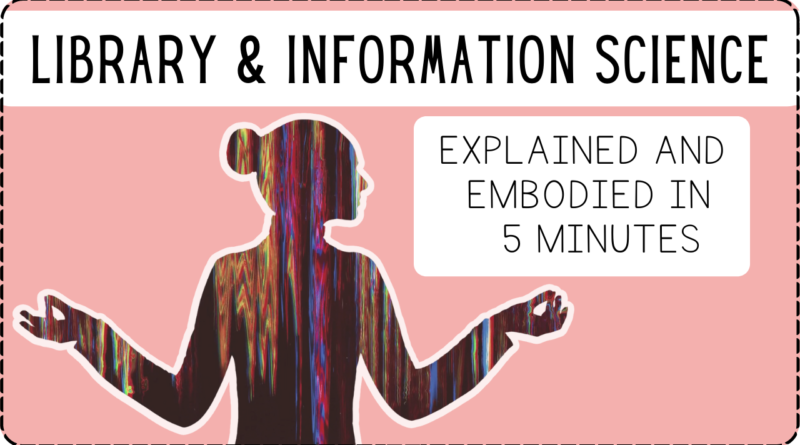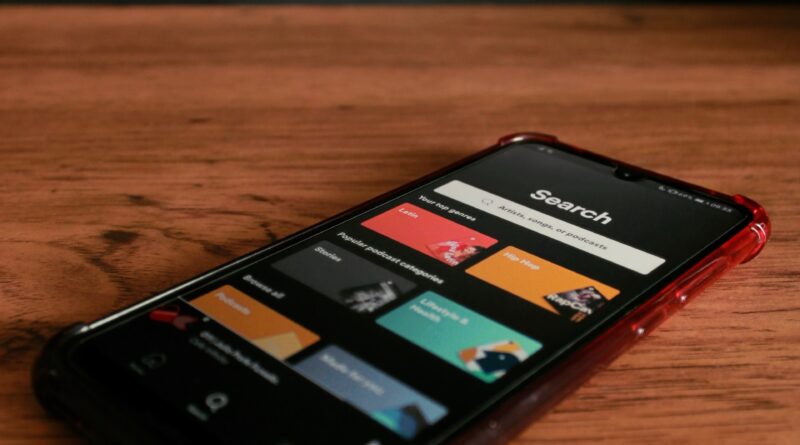Looping the Red Thread of Information: Painting a Path of Indigenous Knowledge
As a mixed Ojibwe woman from Wiikwemkoong Unceded Territory, I carry both pride and a sense of responsibility in how I represent my identity through academic and artistic spaces. I recently graduated from the Master of Information in Library Science Program at the University of Toronto’s Faculty of Information. My goal is to become a full-time librarian who integrates Indigenous knowledge into library and information systems. I am excited to share my painting with the Information Matters community as one way to contribute an Indigenous perspective in our shared field. This acrylic self-portrait, funded by an Ontario Arts Council bursary, reflects the concept of the “Red Thread of Information” (Bates,1999) and visually embeds my Anishnaabe worldview. The piece invites viewers to reflect on how identity and information phenomenon can be fused together into creative expressions.
Read More













